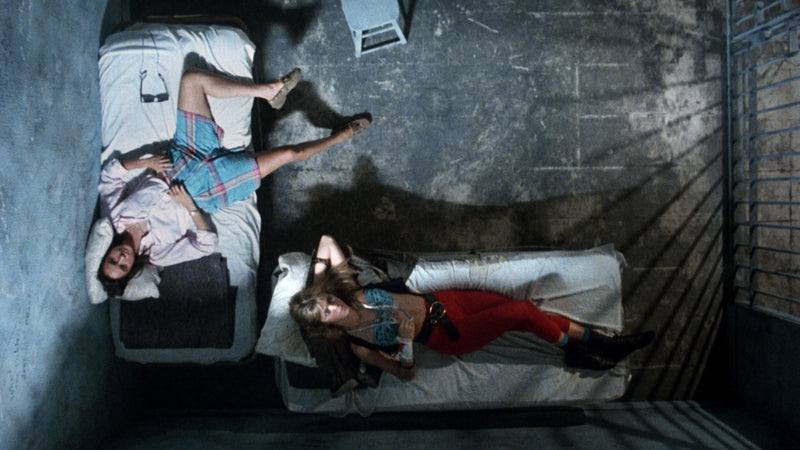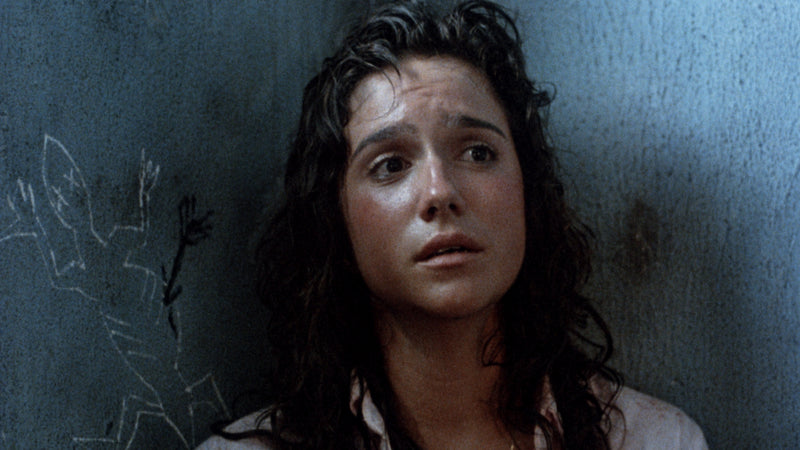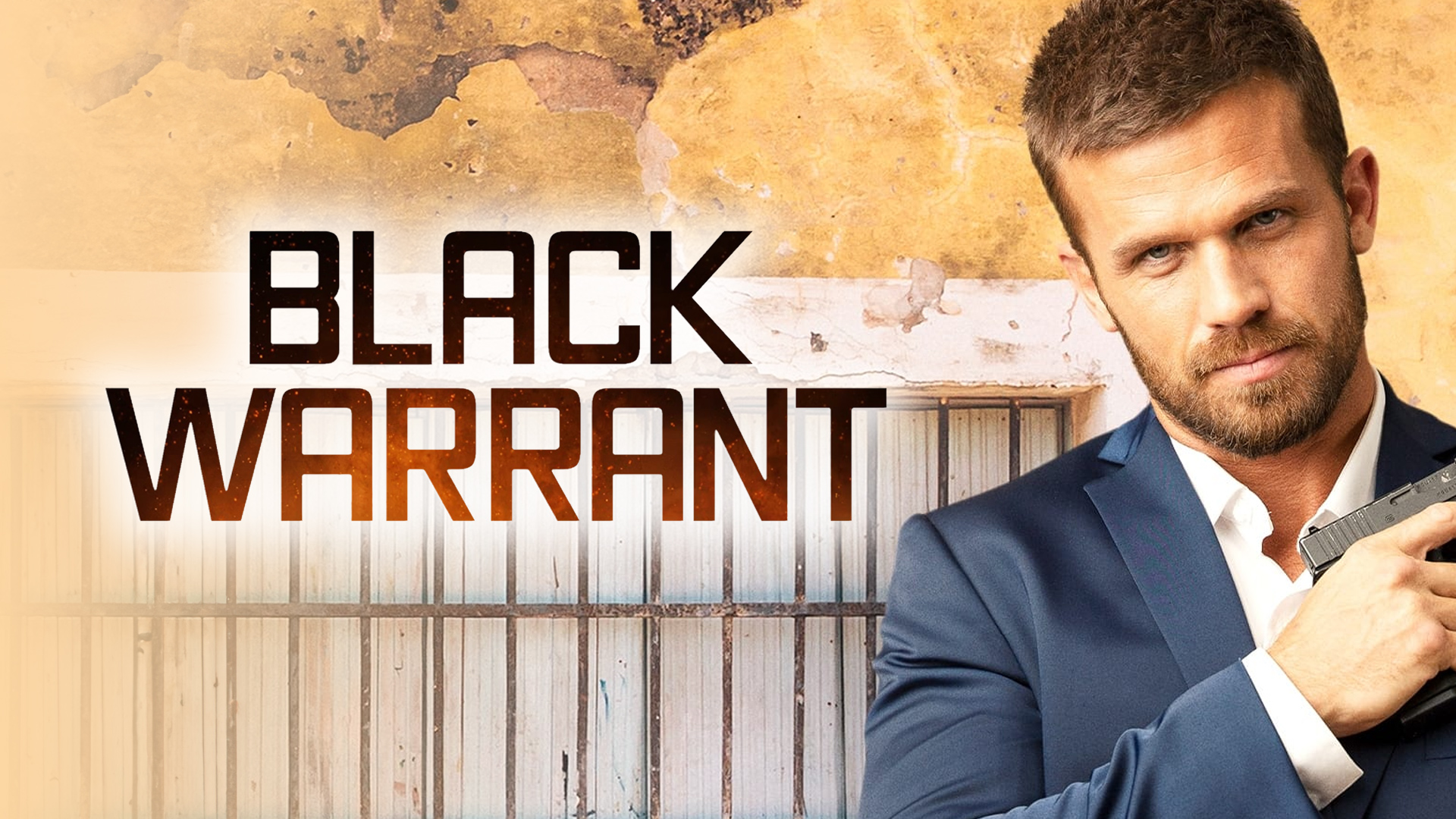Shallow Grave
Shallow Grave (1994) marks the striking feature debut of director Danny Boyle, paired with first-time screenwriter John Hodge. Set in a stylish Edinburgh flat, the film centers on three professional roommates—Juliet, a spirited doctor; David, a shy accountant; and Alex, a roguish journalist—who find their lives upended when their fourth roommate, Hugo, dies unexpectedly. Hugo leaves behind a suitcase filled with cash, and instead of contacting the authorities, the trio chooses to conceal the death and keep the money, laying bare a spiral of greed, betrayal, and escalating paranoia.
As the narrative unfolds, their decision to hide Hugo’s body and stash the money tears at the tenuous bonds between them. Bound by greed and fear, they begin to suspect one another, unraveling in a tense game of psychological manipulation. Political undercurrents simmer beneath the surface—Juliet flirts with corruption to protect her share; David becomes unrecognizable in his calculated mistrust; and Alex oscillates between charm and cynicism as he attempts to play peacemaker or manipulator.
The film is tightly structured, confined mostly to the characters’ shared flat and nearby environs. The claustrophobic setting amplifies tension as betrayals mount, giving the impression that every corridor or cupboard holds hidden depths of duplicity. Boyle introduces kinetic editing, vivid camera movement, and a pulsing techno soundtrack to imbue the film with energy and unease, foreshadowing his later stylistic flare in Trainspotting and Slumdog Millionaire. Critics often point to the film’s tonal echoes of Coen Brothers noir, especially in its cold realism and moral ambiguity.

Performances elevate the film beyond its plot of crumbling alliances. Kerry Fox plays Juliet as aloof yet captivating, simultaneously nurturing intimacy and manipulating it. Christopher Eccleston's David begins as reticent and meek, but his facade fractures into obsession and violence. And Ewan McGregor breaks out as Alex, a magnetic presence whose sardonic wit and exposed ambition make him both charming and thoroughly unreliable. Their characters’ moral degradation offers a disquieting reflection on how ordinary people unravel under temptation.
Though the film is darkly comic, its cynicism is conditioned by bleak realism. Violence is swift and often off-screen, yet shockingly visceral—bodies dismembered and buried in a shallow, symbolic grave—underscoring the cold, transactional nature of their crimes. As the plot accelerates, the consequences of ethical compromise become brutally clear: grief becomes distrust, trust becomes betrayal, and the lure of easy money breeds ruin.

Critically, Shallow Grave earned praise as a bold neo-noir that revitalized British cinema in the 1990s. Rotten Tomatoes holds it at around 73% approval for its brisk pacing and dark humor. Many viewers highlight the film’s efficient dialogue, strong performances, and visual flair—even as some note that the plot stresses credibility in its final turns. Nonetheless, Boyle’s confident direction and Hodge’s tight script signaled a major cinematic talent in the making.
In essence, Shallow Grave is a sharp, tightly wound thriller about greed and disintegration. Its slick visuals, moral dissection, and ensemble cast make it memorable—and its claustrophobic unraveling of trust marks it as both entertaining and disturbing. A compelling exercise in tension, betrayal, and dark irony, it remains a striking debut that laid the groundwork for some of Boyle’s most celebrated later works.

-Film_-1752042343-q80.webp)
